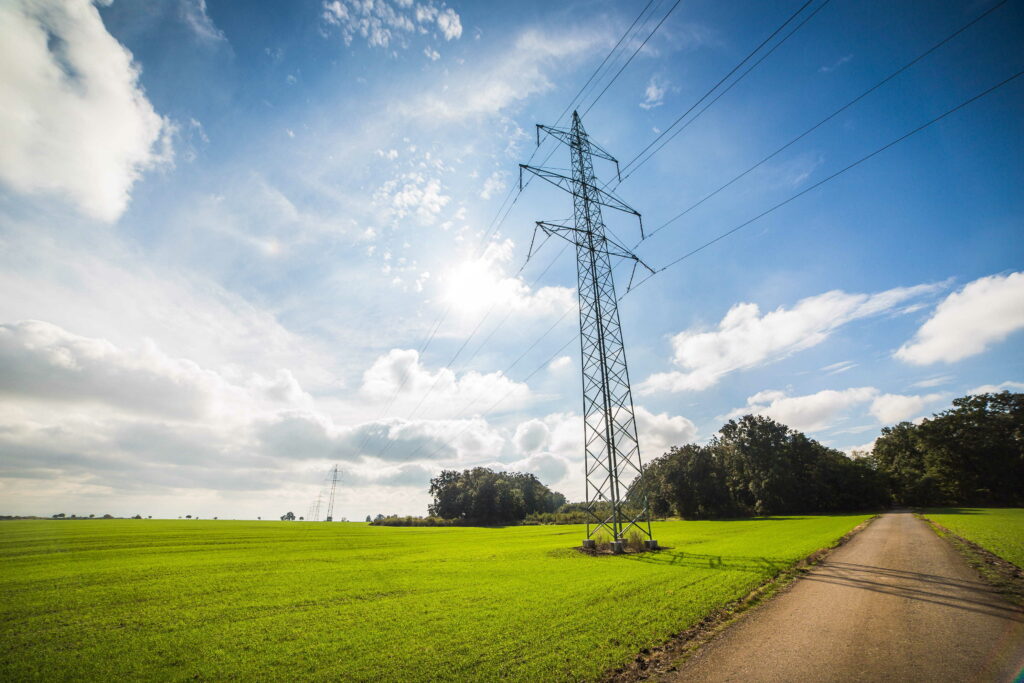Risk management firm DNV GL has launched a new venture fund to aid the energy transition and the fourth industrial revolution.
The company has called for 90 second video pitches from start-ups wishing to receive support from the fund, entitled DNV GL Ventures.
Between 15-20 start-ups are going to be accepted over the next four years, with DNV GL looking to take a 20% stake in each of the companies. They should be in the seed to series A phase, according to the company, having validated their product-market fit.
The company is looking to support the “decade of transformations,” and has identified the decarbonisation of the energy sector as a key transition.
It recently published its Energy Transition Outlook, forecasting a rapid decarbonisation of the global energy system that will see fossil fuels and renewables almost equally sharing the energy mix by mid century.
Klas Bendrik, chair of DNV GL Ventures investment committee and DNV GL’s chief digital transformation officer said that the next decade will set the pace of the energy transition, and that “operating like it is business as usual is not an option”.
“The launch of DNV GL Ventures is an acknowledgment that even a company of experts like ours must look beyond its own four walls to stay relevant.”
The company’s focus on the energy sector and industry 4.0 comes after it warned last month that barriers to implementing digitalisation measures in the transmission and distribution industry could “hold back” the success of the global energy transition.
DNV GL found that while more than half of distribution network operators have digitalisation as a core part of their business goals, only 39% of transmission company’s did, as well as a key need for workforce training throughout.
The company is increasingly focused on the energy sector, including announcing in January that its GreenPowerMonitor will monitor Europe’s largest solar power plant under construction. Iberdrola’s Núñez De Balboa solar project is being developed in Badajoz, Spain and will have a capacity of 500MW when completed.
In a recent study by DNV GL, it stated there must be an eight-fold increase in investment in grids worldwide if we are to reverse the climate emergency. This would be spending of more than US$1.5 trillion (£1.2 trillion), as solar capacity must increase ten-fold and wind capacity must grow by five times the current amount, meaning that grids will need to be overhauled to handle this added renewables capacity.





